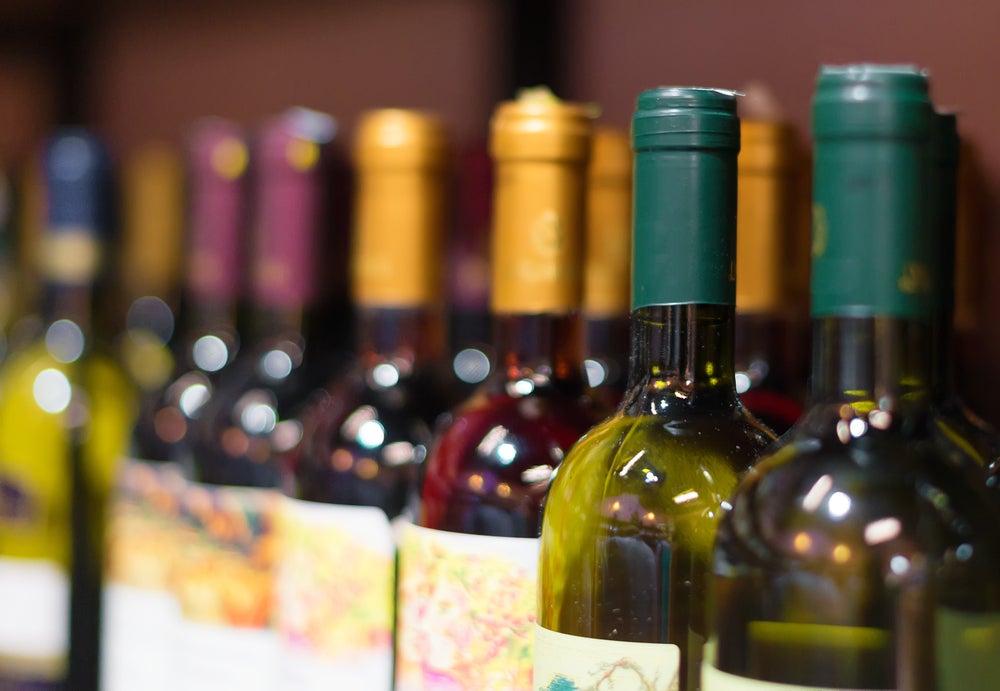
The Government of Ireland’s proposal to introduce a mandatory health warning label on wine bottles has faced stiff opposition from European winemakers, according to wine publication Decanter and an analyst tells Packaging Gateway the move is likely to reduce Irish imports.
GlobalData analyst Rory Gopsil explains: “Labels that point out the health risks of alcohol on Irish alcoholic imports will reduce, but certainly not cripple, alcoholic consumption in Ireland and the revenues of European alcoholic beverage companies.
“How severe an impact these labels will have on Irish alcohol consumption will come down to the labels’ graphic qualities. Label size and the sorts of graphics used will be key factors, as has proven to be the case in efforts to advertise the health risks of smoking on tobacco product packaging. The WHO’s Framework Convention of Tobacco Control have noted that ‘the effectiveness of health warnings and messages increases with their size’, and that warnings ‘that contain both pictures and text are far more effective than those that are text-only’.”
According to Decanter, a spokesperson from the European Commission said alcohol-related harm is a major public health concern in the EU and that the bloc’s cancer plan specifically aims to reduce the harmful use of alcohol across member states by 10% by 2025.
“The Irish authorities have sufficiently demonstrated that the notified measures have been taken based on scientific evidence and public health grounds specific to the Irish context,’ the spokesperson said.
Meanwhile, Decanter claims that Italian farming group Coldiretti said in February it was inappropriate to penalise moderate wine consumption and that wine has been part of the Mediterranean diet for thousands of years.




